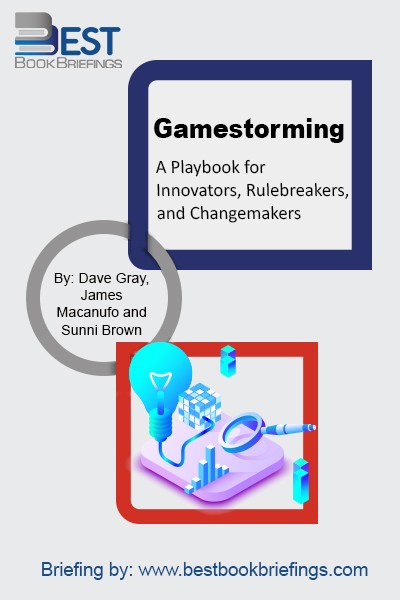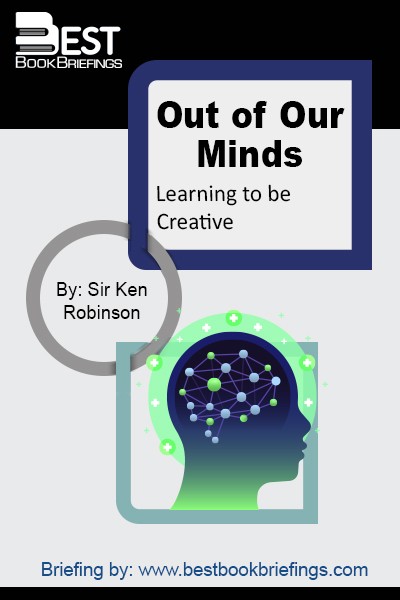Extraordinary Minds
Portraits Of 4 Exceptional Individuals And An Examination Of Our Own Extraordinariness
Number of pages: 192
Publisher: Basic Books
BBB Library: Psychology and Strengths
ISBN: 978-0465021253
Editorial Review
Is there a set of traits shared by all truly great achievers—those we deem extraordinary—no matter their field or the time period within which they did their important work? In an attempt to answer this question, Gardner first examines how most of us mature into more or less competent adults. He then examines closely four persons who lived unquestionably extraordinary lives—Mozart, Freud, Woolf, and Gandhi—using each as an exemplar of a different kind of extraordinariness: Mozart as the master of a discipline, Freud as the innovative founder of a new discipline, Woolf as the great introspector, and Gandhi as the influencer.
Book Reviews
Books on Related Topics

With irresistibly persuasive vigor, David Shenk debunks the long-standing notion of genetic “giftedness,” and presents dazzling new scientific research showing how greatness is in the reach of every individual. DNA does not make us who we are. “Forget everything you think you know about genes, talent, and intelligence,” he writes.

The purpose of this book is to encourage a shift in how work is done; from a process-centric model that’s about predictability and consistency to a game-centric model that recognizes the complexity and the unpredictability of a digital world.

There is a story that is usually told about extremely successful people, a story that focuses on intelligence and ambition. Gladwell argues that the true story of success is very different, and that if we want to understand how some people thrive, we should spend more time looking around them-at such

The modern world is the product of ideas, beliefs, and values of human imagination and culture have shaped it over centuries. It has been created out of our minds as much as from the natural environment. The human mind is profoundly and uniquely creative, but too many people have no sense

A revolutionary challenge to the widely held notion that intelligence is a single general capacity possessed by every individual to a greater or lesser extent. First published in 1983, Gardner's trailblazing book revolutionized the worlds of education and psychology by positing that rather than a single type of intelligence, we have




